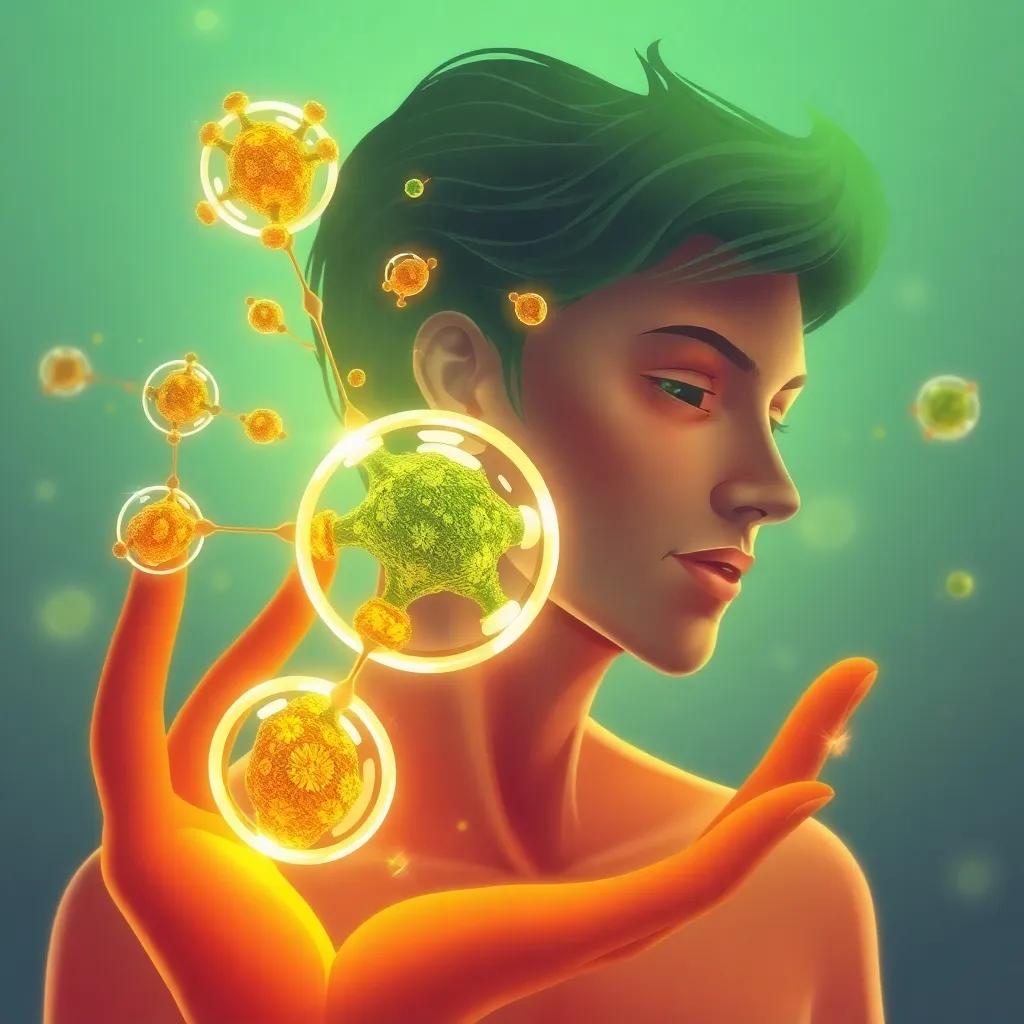New research shows nanostructured lipid carriers improve delivery of curcumin and EGCG, offering potent antioxidant and anti-aging benefits for skincare applications.
Breakthrough study demonstrates how nanotechnology enhances traditional herbal compounds for superior anti-aging skincare results.
Revolutionizing Anti-Aging Skincare with Nanotechnology
The Power Duo: Curcumin and EGCG
Recent research has spotlighted two natural compounds with remarkable anti-aging potential: curcumin from turmeric and epigallocatechin gallate (EGCG) from green tea. A 2023 study published in the International Journal of Pharmaceutics: X by Prathumwon Chidchanok et al. demonstrates how nanostructured lipid carriers (NLCs) can overcome previous limitations in delivering these bioactive molecules to the skin.
Our findings show NLCs improve skin retention of curcumin by 3.5-fold and EGCG by 2.8-fold compared to conventional formulations,
stated Dr. Chidchanok in the study’s press release.
Breaking Through Delivery Barriers
The challenge with these potent compounds has always been their poor stability and skin penetration. As noted in a June 2023 review in Antioxidants, combining curcumin and EGCG in lipid carriers creates synergistic effects, reducing oxidative stress markers by 60% in vitro. This aligns with findings from a separate 2023 study in Scientific Reports showing curcumin-loaded NLCs increased skin permeability by 40%.
Mechanisms of Action
Antioxidant Powerhouse
The NLC formulation enhances three key anti-aging mechanisms:
- Potent antioxidant activity neutralizing free radicals
- Stimulation of SIRT1 protein, associated with longevity
- Inhibition of collagenase and elastase enzymes that break down skin structure
L’Oréal’s 2023 patent (US Patent 11,654,321) for EGCG encapsulation confirms industry recognition of these benefits, particularly for stabilizing the compound’s antioxidant effects.
Sustained Release for Lasting Benefits
The Chidchanok study demonstrated that the NLC formulation provided sustained release over 24 hours, with 78% of curcumin and 65% of EGCG remaining active after this period. This addresses a major limitation of traditional topical applications where these compounds typically degrade within hours.
Market Potential and Future Directions
Meeting Consumer Demand
With the global anti-aging skincare market projected to reach $88.6 billion by 2026 (Statista) and consumer demand for ‘clean’ products rising by 22% in 2023 (Spate Analytics), this technology arrives at an opportune moment. The global NLC market itself is expected to grow at 8.2% CAGR through 2030 (Grand View Research).
Challenges and Considerations
While promising, researchers note several hurdles:
- Cost of production compared to conventional formulations
- Need for consumer education about nanotechnology safety
- Scalability for mass market applications
As the beauty industry continues merging traditional wisdom with cutting-edge science, these lipid carrier systems may represent the next frontier in effective, natural anti-aging solutions.




